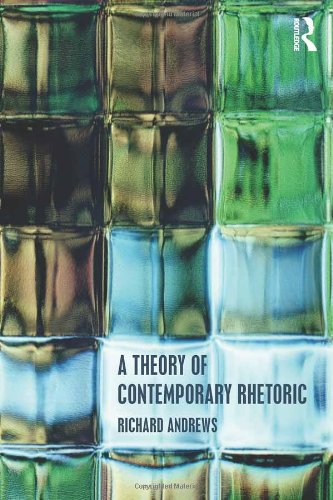

Most ebook files are in PDF format, so you can easily read them using various software such as Foxit Reader or directly on the Google Chrome browser.
Some ebook files are released by publishers in other formats such as .awz, .mobi, .epub, .fb2, etc. You may need to install specific software to read these formats on mobile/PC, such as Calibre.
Please read the tutorial at this link: https://ebookbell.com/faq
We offer FREE conversion to the popular formats you request; however, this may take some time. Therefore, right after payment, please email us, and we will try to provide the service as quickly as possible.
For some exceptional file formats or broken links (if any), please refrain from opening any disputes. Instead, email us first, and we will try to assist within a maximum of 6 hours.
EbookBell Team

5.0
88 reviewsA Theory of Contemporary Rhetoric describes, explains, and argues the overarching theory of contemporary rhetoric. This current view of rhetoric brings together themes in the communication arts, including political literary criticism; bi- and multi-lingualism; multimodality; framing as an artistic and sociological device for composition and interpretation; literacy in the digital age; and the division between fiction and ‘non-fiction’ in language/literature studies. Chapters explore the implications of rhetoric for particular aspects of the field. Discussions throughout the book provide illustrations that ground the material in practice.
As an overarching theory in the communication arts, rhetoric is elegant as a theoretical solution and simple as a practical one. It asks such questions as who is speaking/writing/composing? to whom? why? what is being conveyed? and how is it being conveyed?
Acknowledging the dearth of recent works addressing the theory of rhetoric, this book aims to fill the existing theoretical gap and at the same time move the field of language/literature studies forward into new territory. It provides the keynote theoretical guide for a generation of teachers, teacher educators and researchers in the fields of English as a subject; English as a second, foreign or additional language; and language study in general.